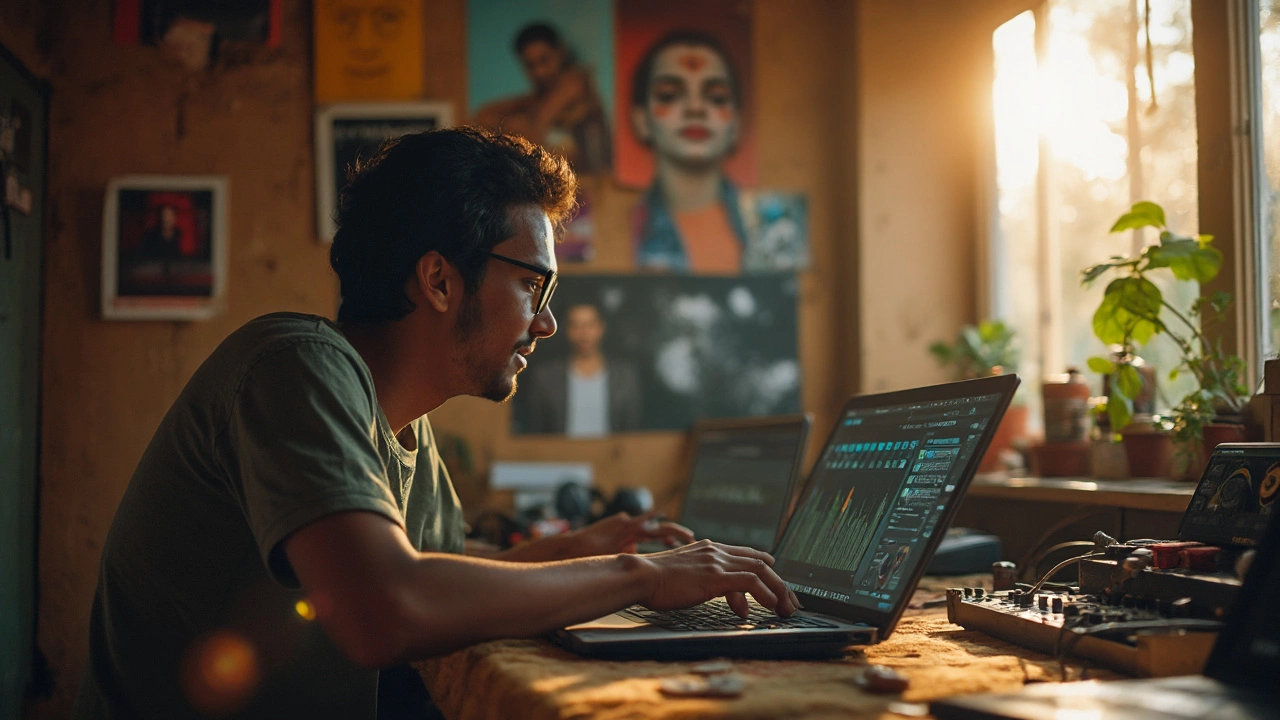Recording Studio Cost in India – What to Expect in 2025
If you’re planning a music project, the first thing on your mind is likely the price tag. Recording studio costs in India vary a lot, but you don’t have to guess. Below you’ll find the main factors that shape pricing, typical rates for major cities, and easy ways to stretch every rupee.
What Drives the Price of a Recording Studio?
Not all studios are created equal, and the price you pay reflects the gear, space and services offered. Here are the biggest cost drivers:
- Equipment quality: Studios with top‑tier consoles, vintage gear or high‑end microphones charge more than those with basic digital setups.
- Room acoustics: Properly treated rooms, isolation booths and live rooms add to the rent because they guarantee cleaner recordings.
- Engineer expertise: An experienced sound engineer can cost extra, but they often save time and reduce the need for post‑production fixes.
- Time slot: Peak hours (evenings and weekends) are priced higher. Off‑peak morning sessions are usually the cheapest.
- Location: Studios in metro areas like Mumbai or Delhi have higher overheads than those in tier‑2 cities.
Understanding these elements helps you compare quotes beyond the headline number.
Average Rates by City and How to Save
Below is a quick snapshot of typical hourly rates in 2025. All prices are in Indian Rupees (INR) and represent mid‑range studios with decent gear and a professional engineer.
- Mumbai: ₹2,500 – ₹5,000 per hour.
- Delhi/NCR: ₹2,200 – ₹4,500 per hour.
- Bengaluru: ₹1,800 – ₹4,000 per hour.
- Chennai: ₹1,600 – ₹3,500 per hour.
- Hyderabad: ₹1,500 – ₹3,200 per hour.
- Tier‑2 cities (Pune, Jaipur, Lucknow): ₹1,200 – ₹2,800 per hour.
These numbers are averages; premium studios with vintage gear can charge double, while budget rooms may go as low as ₹800 per hour.
Tips to keep costs down:
- Book larger blocks of time. Many studios give a 10‑15% discount for 4‑hour or full‑day slots.
- Choose off‑peak hours. Early mornings on weekdays are often the cheapest.
- Bring your own engineer if you have a trusted friend. Some studios let you use the space only, cutting labor fees.
- Limit the number of instrument changes. Each setup switch can add a charge, so plan your session order in advance.
- Negotiate a flat‑rate package for mixing and mastering if you need those services after tracking.
Don’t be shy about asking for a detailed quote that breaks down room rent, engineer fees, and any extra charges. Transparency makes it easier to spot unnecessary add‑ons.
Finally, remember that the cheapest option isn’t always the best. A poorly treated room can waste hours of re‑recording, which ends up costing more in the long run. Aim for a balance between price and quality that fits your project budget.
With these insights, you can walk into any Indian recording studio confident that you understand what you’re paying for and how to get the most value for your music.
